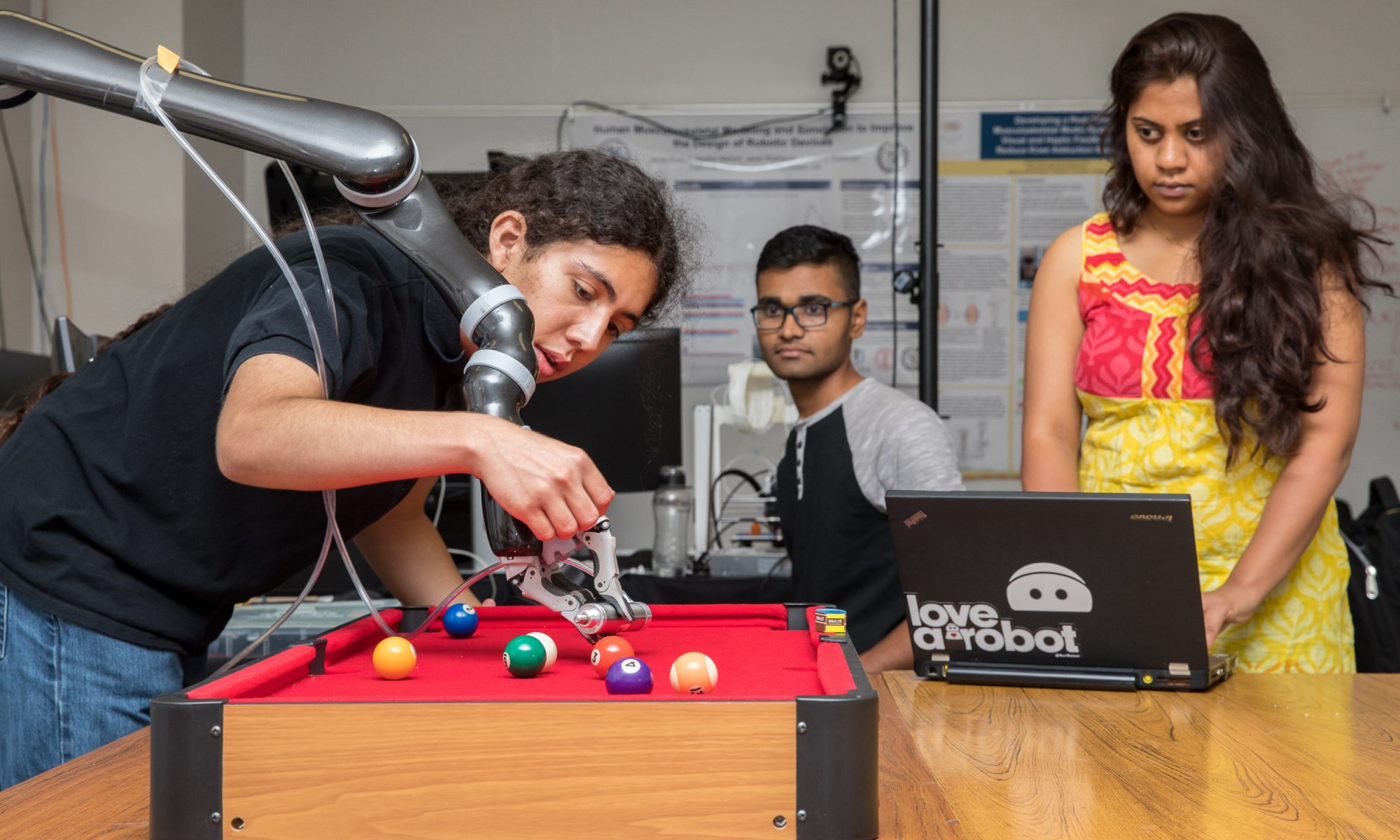The CSULB College of Engineering on Monday held its first workshop on how to meet the needs of diverse types of students considering engineering. Organized by computer science professor Alvaro Monge through a grant from the National Center for Women and Information Technology, the workshop featured CSULB social psychology postdoctoral researchers Matt Jackson and Mia Steinberg.
Steinberg drew on her own experience working as a software developer in the Silicon Valley for a decade. “For the vast majority of the years, I was the only woman in the group,” she said, adding that there were no discriminatory practices, just a lack of women in the pipeline.
Ironically, Steinberg’s high school counselor suggested she become a composer or computer scientist. “I said ‘No, I hate computers.’ But I went into it anyway and it’s become my life’s work.”
Organizations, universities, and tech companies for years have been struggling to understand why women comprise only 14 percent of the engineering workforce. The theories have ranged from women wanting a better life-work balance to them not feeling they fit in what is now a male-dominated field.
“These numbers are troubling for a lot of reasons,” Jackson said.
In their research, Steinberg and Jackson are focusing on several ideas. The first is that women have a higher level of “communal goals,” meaning they value contributions to a community, while men have higher levels of “agentic goals,” meaning they find value in mastery, recognition, and power.
And engineering is viewed as a field with higher opportunities for mastery, recognition, and power than contributions to a community—although that may not actually be the case. Steinberg and Jackson said it helps to encourage students to consider the Whys of engineering instead of the Hows. For example, instead of encouraging them to focus on how to develop an application, spend some time wondering why its development is important.
Another issue Jackson and Steinberg are examining is the image of engineers, an area that has been studied extensively by organizations such as NCWIT and IEEE. Engineers are thought to be introverted and highly logical, although that stereotype is somewhat fading. In the end, said Jackson, students considering engineering look at future engineers and ask the question: Like me or not like me?
There’s a high attrition rate for engineering students—42 percent for bachelor’s degrees and 62 percent at the community college level. Often, said Jackson, engineering colleges lose “high-verbal/high-math” students to other fields in the sciences.
A second workshop will be held later this semester, followed by two additional workshops on the topic in fall 2016.

